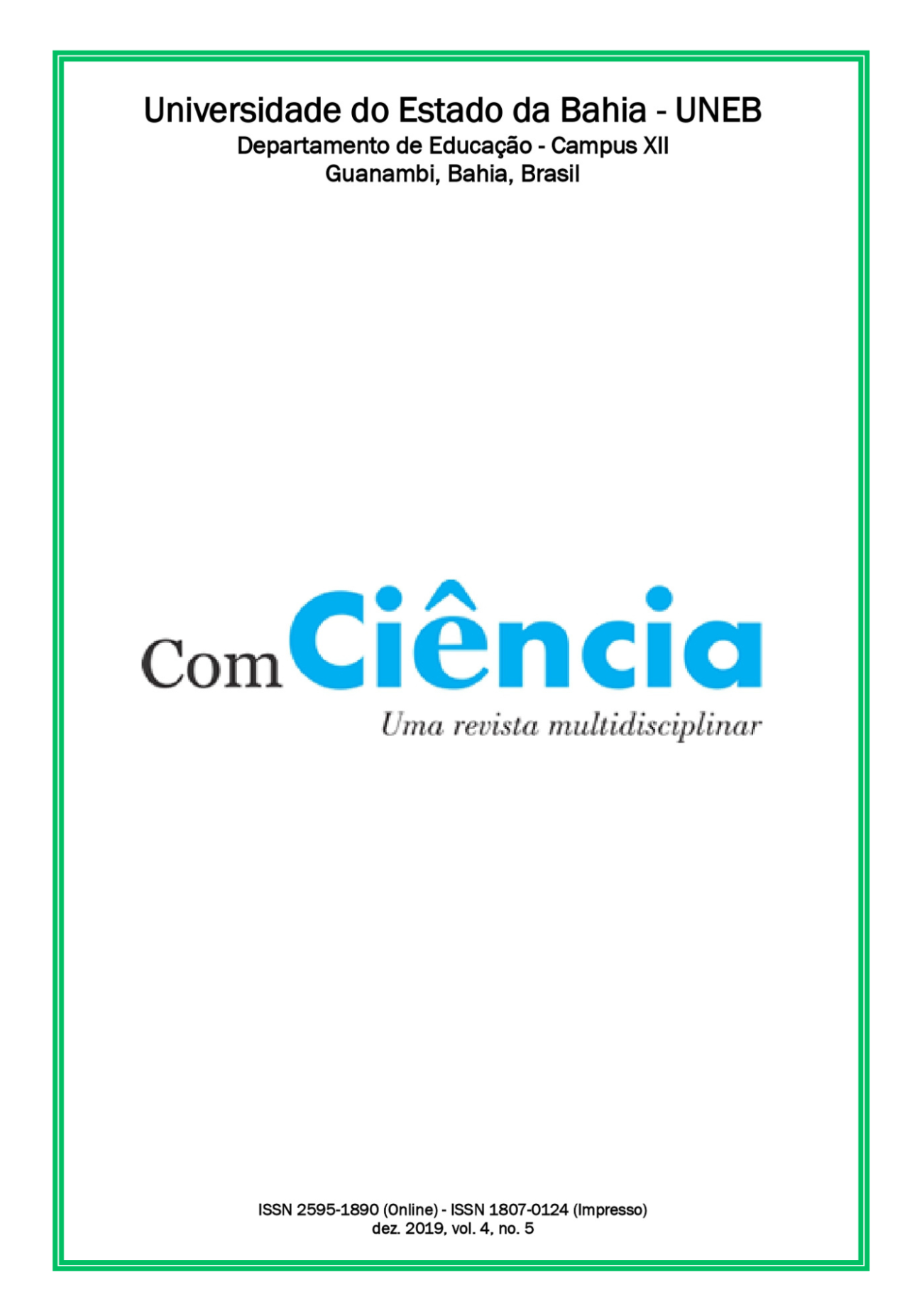The figure of the police delegate and the first judgment of criminal typicality
DOI:
https://doi.org/10.36112/issn2595-1890.v5i2.p4-12Keywords:
Excluding Antijuridicity, Police Authority, Right to FreedomAbstract
Generally, the first jurisdiction to have access to the crime is the Police Delegate, who is vested with assignments that require cautious action against the fundamental right to freedom of the human person. Thus, the purpose of this literature review is to reflect on the judicial capacity of the Chief of Police to judge the possibility of applying the exclusions of antijuridicidad by virtue of the performance of their work, as well as their action in the criminal prosecution, through the methodology deductive research. It was verified that the doctrine studious of the subject is not unanimous, since there is current that considers such attribution prohibited to the police authority, nevertheless, the study showed that it is more correct the understanding according to which the police delegate should be given the possibility of deliberation about the presence or not of circumstances that exclude the illegality of the fact, this because the current Federal Constitution reflects the return of the Democratic State of Law, with a strong appreciation for respect for human rights, especially the right to freedom.
Downloads
References
ALMEIDA, L. M. M. A Autoridade Policial e o Princípio da Insignificância. E-Locução. Revista Científica da FAEX. Disponível em: .
ANDREOTTI, A. T. H. Reconhecimento das excludentes de antijuridicidade pela autoridade policial no auto de prisão em flagrante delito. 138 p. Dissertação (Mestrado em Direito) - Centro Universitário Toledo - UNITOLEDO, 2008.
BARROS FILHO, M. L. Independência funcional dos delegados de polícia. Revista Jus Navigandi, Teresina, ano 16, n. 2966, 15 ago. 2011. Disponível em: <https://jus.com.br/artigos/19745>. Acesso em: 7 nov. 2016.
BRASIL. Carta de 26 de Outubro de 1829. Acesso em 20 de outubro de 2017. Disponível em: <http://bd.camara.gov.br/bd/bitstream/handle/bdcamara/18352/colleccao_leis_1829_parte1.pdf>.
BRASIL. Constituição da República Federativa do Brasil de 1988. Diário Oficial da União, Brasília, 05 de outubro de 1988. Disponível em: . Acesso em: 29 agosto 2017.
BRASIL. Decreto-Lei, de 3 de outubro de 1941. Código de Processo Penal. Disponível em: <http://www.planalto.gov.br/ccivil_03/decretolei/Del3689Compilado.htm Acesso em 01 outubro de 2017.
BRASIL. Lei nº 12.830, de 20 de junho de 2013. Dispõe sobre a investigação criminal conduzida pelo delegado de polícia. Disponível em: <http://www.planalto.gov.br/ccivil_03/_ato2011-2014/2013/lei/l12830.htm>. Acesso em: 09 de novembro de 2017.
BRASIL. Proposta de Emenda à Constituição nº. 293, de 2008. Acesso em 01 novembro de 2017. Disponível em: <http://www.camara.gov.br/proposicoesWeb/fichadetramitacao?idProposicao=409032.
BRASIL. Proposta de Emenda à Constituição nº. 412, de 2009. Acesso em 09 novembro de 2017. Disponível em: <http://www.camara.gov.br/sileg/integras/712779.pdf>.
CHOUKR, F. H. Código de Processo Penal: comentários consolidados e crítica jurisprudencial. 6. ed. São Paulo: Saraiva, 2014.
GOMES, L. F., SCLIAR, F. Investigação preliminar, polícia judiciária e autonomia. Disponível em: <https://www3.lfg.com.br/public_html/article.php?story=20081020154145672>. Acesso em 20 de outubro de 2017.
LAKATOS, E. M.; MARCONI, M. A. Metodologia do trabalho científico. 5ªed. São Paulo: Editora Atlas, 2003.
LIMA, R.B. de. Curso de processo penal. Niterói: Impetus, 2013. p. 896.
LOPES JÚNIOR, A.; GLOECKNER, R.J. Investigação preliminar no processo penal. 6.ed. São Paulo: Saraiva, 2014.
LOPES JÚNIOR, A. Sistemas de Investigação Preliminar no Processo Penal. Rio de Janeiro: Lumem Juris, 2001.
MARQUES, J. F. Elementos de Direito Processual Penal. Campinas: Millenium. 2ª Ed. 2000.
MORAES, V.M. O Delegado de Polícia como primeiro fiscal do exercício punitivo do Estado através da análise do conceito analítico de crime. Disponível em: <http://www.emerj.tjrj.jus.br/paginas/trabalhos_conclusao/1semestre2015/pdf/ViniciusMirandadeMoraes.pdf>. Acesso em 24 de outubro de 2017.
NUCCI, G.S. Manual de Direito Penal. Parte Geral. São Paulo: Editora Revista dos Tribunais, 6 ed. 2008.
NUCCI, Guilherme de Souza. Código de Processo Penal Comentado. São Paulo: Revista dos Tribunais, 2002.
SIMÕES, A. G. O crime de plágio e suas variações no ambiente acadêmico. In: Âmbito Jurídico, Rio Grande, XV, n. 96, jan 2012. Disponível em: <http://www.ambito-juridico.com.br/site/index.php?n_link=revista_artigos_leitura&artigo_id=11057>. Acesso em dez 2017.
OLIVEIRA, S. M. C. de. Competência do Delegado de Polícia para Realizar Análise das Excludentes do Crime. Escola da Magistratura do Estado do Rio de Janeiro, 2014. Acesso em 12 de setembro de 2017. Disponível em: < http://www.emerj.rj.gov.br/paginas/trabalhos_conclusao/1semestre2014/trabalhos_12014/SorayaMuniz.pdf>.
TOURINHO FILHO, F. C. Processo Penal. 32ª Ed. São Paulo: Saraiva 2010.
Downloads
Published
How to Cite
Issue
Section
License
Copyright (c) 2023 Revista ComCiência, uma Revista multidisciplinar

This work is licensed under a Creative Commons Attribution-NonCommercial 4.0 International License.





